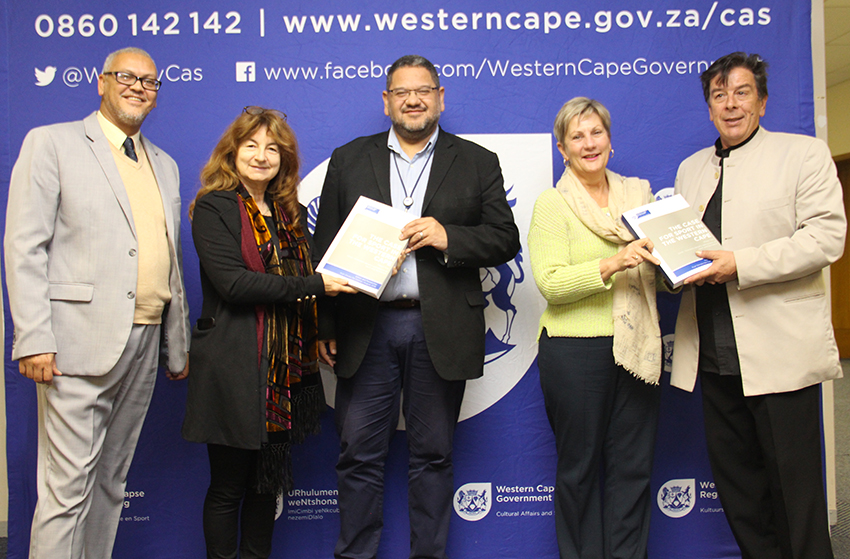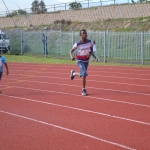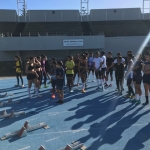A long-term study has found that sports participation has the ability to improve socio-economic conditions in the Western Cape and makes a significant contribution to the province’s economy.
The study, The Case for Sport, which was undertaken by the Western Cape Department of Cultural Affairs and Sport (DCAS) in partnership with the University of the Western Cape’s Interdisciplinary Centre of Excellence for Sport Science and Development (ICCESSD), found that the sport sector supports 60 000 jobs in the province and has contributed in excess of 2.2% of the Western Cape Gross Domestic Product or R8.8 billion, since 2012.
The first phase of the Case for Sport study began in 2012, and since then statistical data and qualitative information have been drawn from a range of sources, inclusive of questionnaires with 123 sport federations across the province, desktop research, interviews with experts and reviewing commissioned research by the Bureau of Economic Research, case studies and storytelling initiatives.
Recently the findings were presented by Professor Christo de Coning, Senior Researcher at the ICCESSD, to DCAS Minister, Anroux Marais, Head of Department Brent Walters and a host of stakeholders, following the conclusion of the second phase of research.
Walters said the findings could ensure that there will always be support from government and the private sector for this area of human endeavour. “We see the role of sport and recreation as far greater than us just sending teams to compete,” he said. “We see it as something to keep our young people safe, to keep them gainfully occupied, to give them hope where there is no hope and to make sure that they have role models to look up to”.
During the presentation, Minister Marais said the study would inform future policy decisions and that she hoped it would impact provincial budget allocations. “The evidence-based research now makes it possible to make informed decisions at an executive level and will certainly assist us in reviewing current policy to be redeveloped with maximum citizen impact in mind.
“There is no doubt in my mind that those seasoned in the DCAS portfolio can agree that there exists a disconnection between the positive impact of sport and the budget often allocated to its programmes. This comprehensive research now physically motivates for increased support, not only for sport and recreation but cultural affairs as well,” she said.



